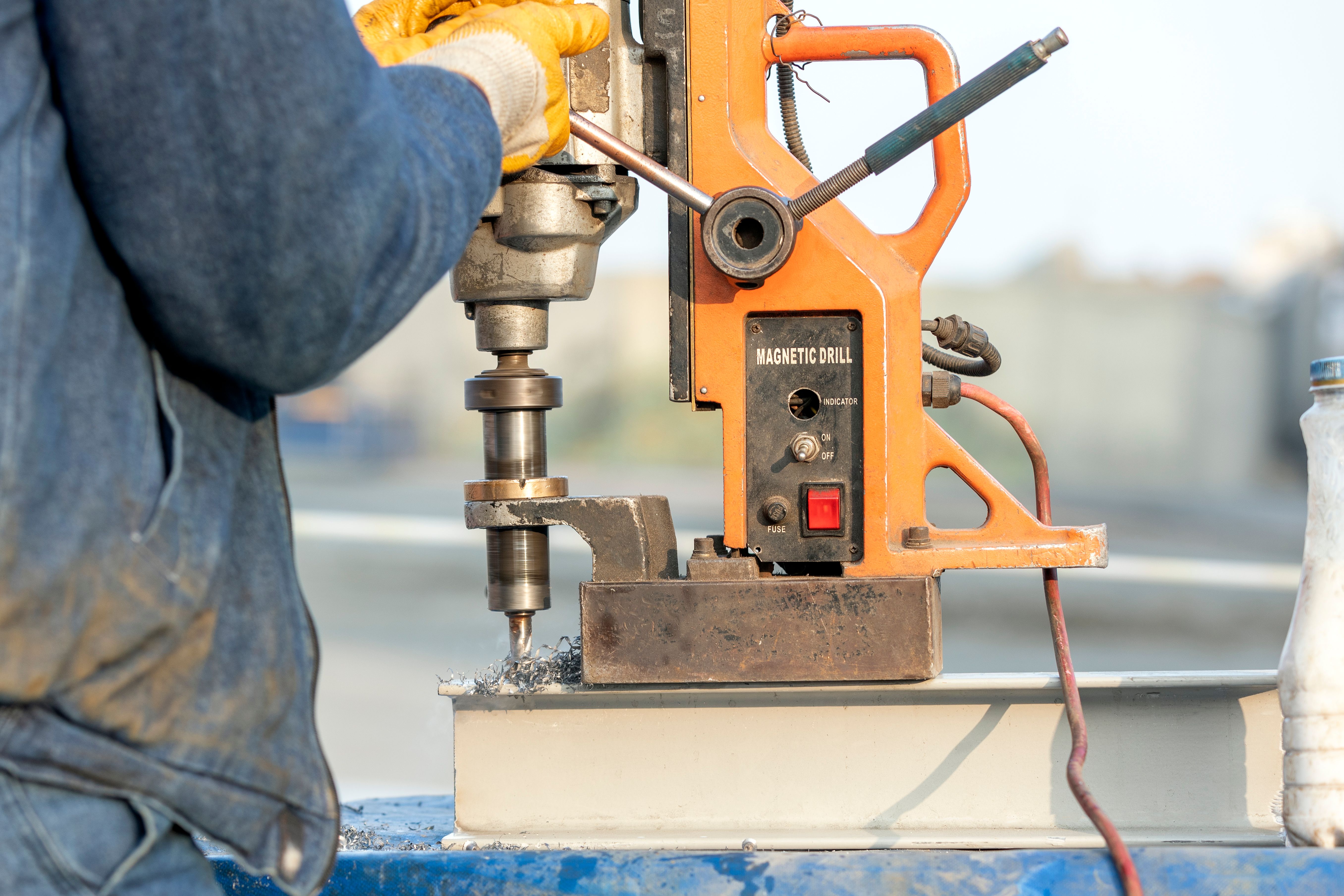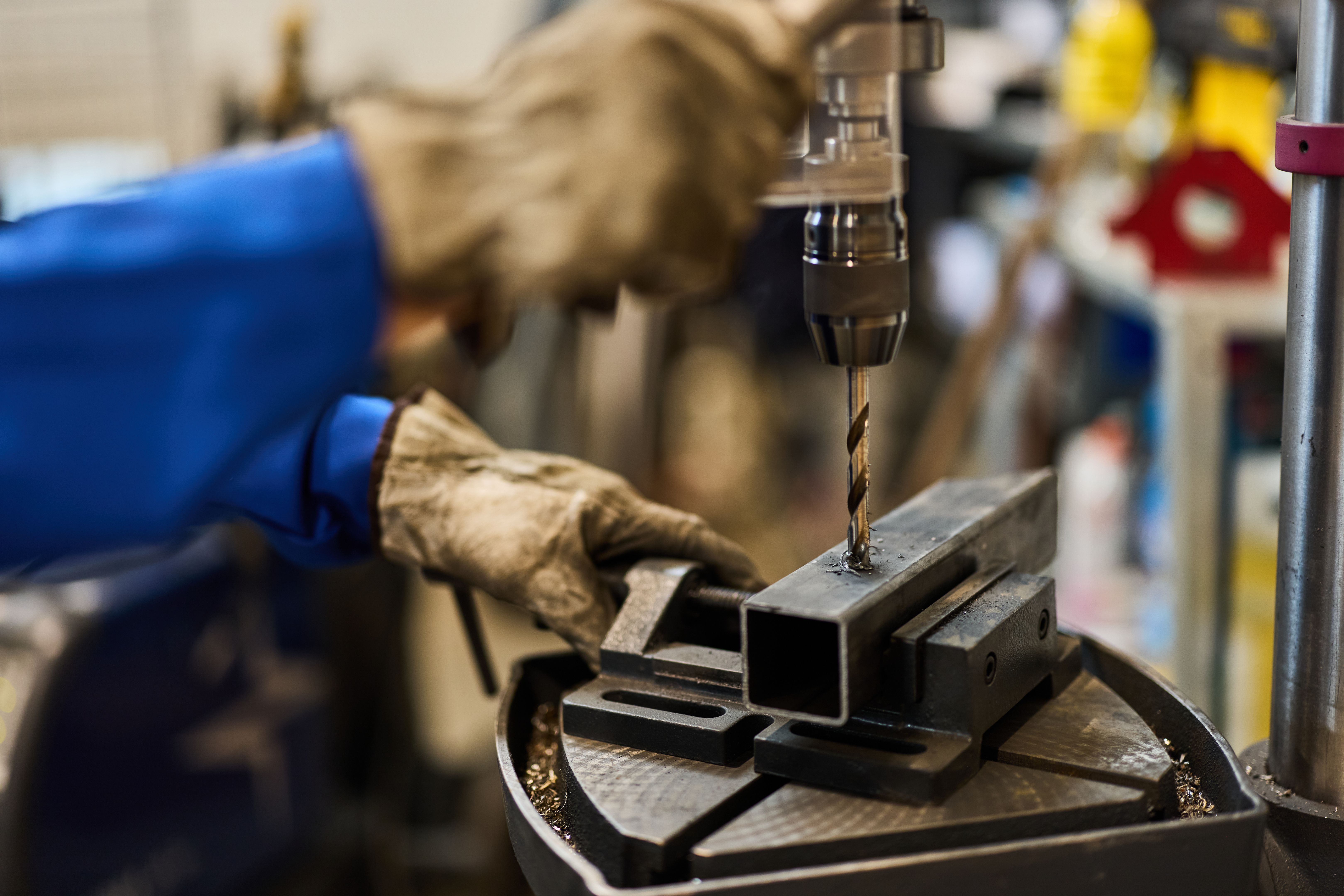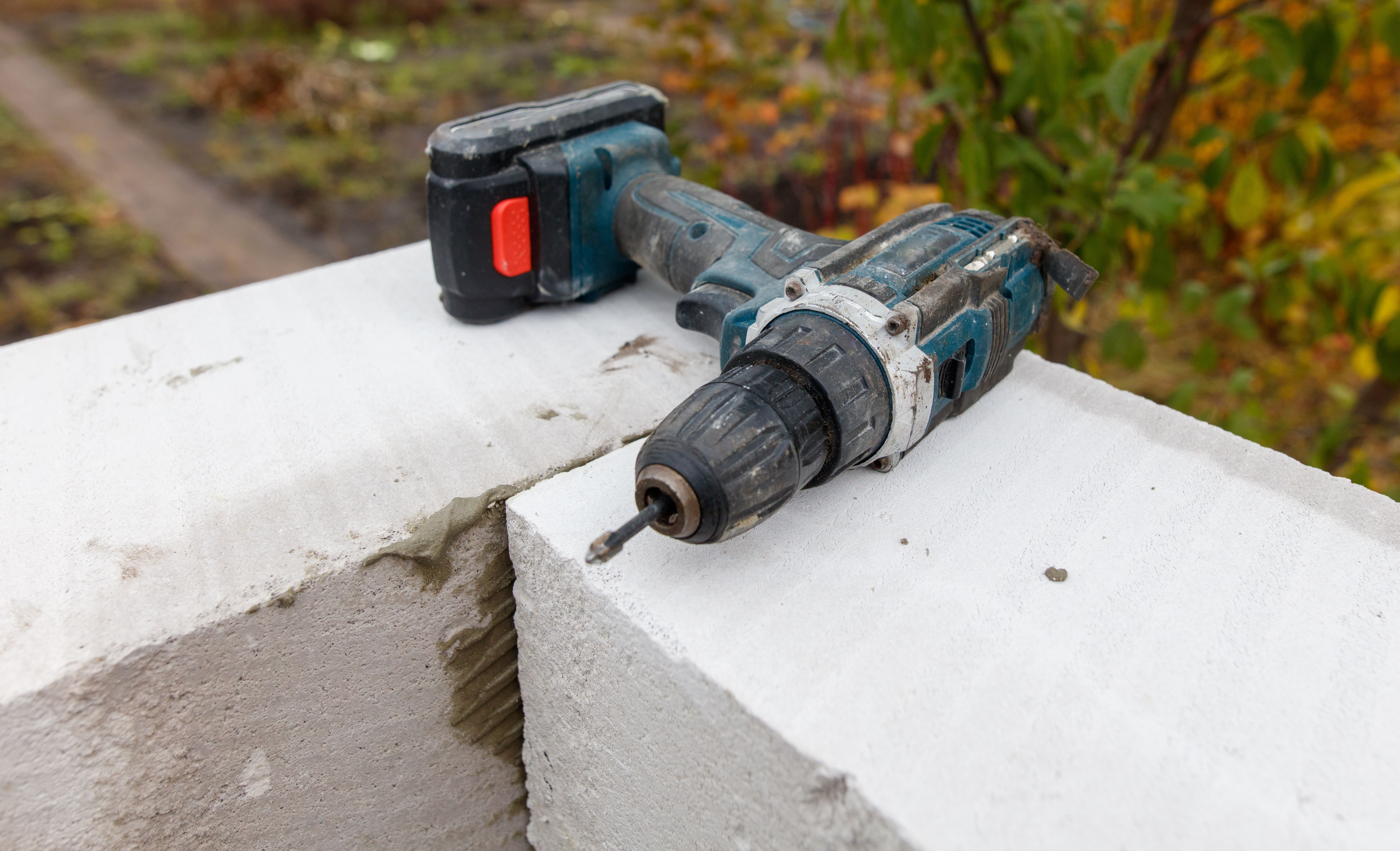Choosing the Right Magnetic Drill: Expert Tips and FAQs
RR
https://magnetdrill.com/product-category/دریل-مگنت/Understanding the Basics of Magnetic Drills
Magnetic drills, also known as mag drills, are essential tools in various industries, particularly in construction and metalworking. These portable machines utilize a powerful electromagnetic base to secure themselves to a workpiece, allowing for precise drilling of holes in steel or other metals. However, with numerous models and specifications available, selecting the right magnetic drill can be daunting.

Factors to Consider When Choosing a Magnetic Drill
When selecting a magnetic drill, consider the following factors to ensure you pick the right tool for your needs:
- Drill Capacity: Determine the maximum diameter and depth of holes you need to drill. Choose a drill that can handle your specific requirements.
- Magnetic Holding Strength: The holding strength should match the thickness and type of material you are working on. A stronger magnet is needed for vertical or overhead applications.
- Motor Power: Higher-powered motors allow for more efficient drilling, especially through thicker materials.
Types of Magnetic Drills
Magnetic drills come in several types, each suited to different tasks:
- Standard Magnetic Drills: Ideal for general-purpose drilling tasks with moderate power and capacity.
- Compact Magnetic Drills: Designed for tight spaces and lighter materials. They are portable and easy to handle.
- Heavy-Duty Magnetic Drills: Equipped with powerful motors and strong magnets, these are perfect for industrial use and large-scale projects.

Frequently Asked Questions
What materials can a magnetic drill work on?
Magnetic drills are primarily designed for drilling through steel and other ferrous metals. Some models can also work on non-ferrous materials if equipped with appropriate attachments. However, the magnet will not adhere to non-ferrous surfaces, requiring a clamping system.
How do I maintain my magnetic drill?
Maintaining your magnetic drill is crucial for its longevity and performance. Regularly clean the magnetic base to ensure strong adhesion, check the motor brushes for wear, and lubricate the moving parts. Always follow the manufacturer's maintenance guidelines for optimal results.

Is training required to operate a magnetic drill?
While operating a magnetic drill is relatively straightforward, proper training is recommended to ensure safety and efficiency. Understanding the controls, safety features, and best practices will help prevent accidents and ensure accurate drilling.
Conclusion: Making an Informed Decision
Choosing the right magnetic drill involves evaluating your project needs and matching them with the suitable drill specifications. By considering factors such as drill capacity, magnetic holding strength, and motor power, you can select a tool that enhances productivity and ensures precision in your work. Whether you're tackling small-scale tasks or large industrial projects, the right magnetic drill can make all the difference.